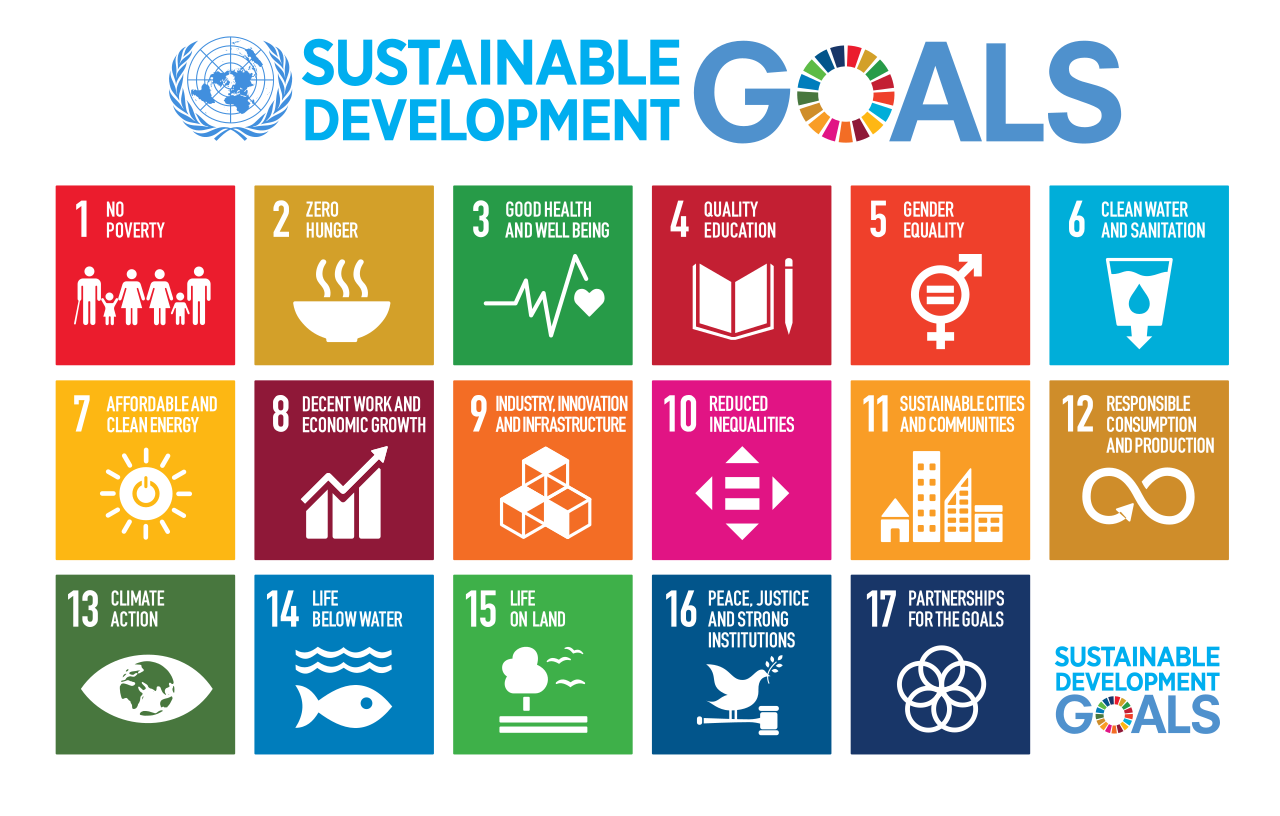Sustainability
As a member of the UNESCO Global Geoparks Network, Stonehammer’s work is intrinsically linked to advancing Canada’s 2030 SDG Agenda. As an organization, we strive to educate and inform the public about Earth Sciences and sustainable practices that can be implemented in our communities. Our high Quality Educational programs include topics such as Climate Action – looking at flood risks in our region, Clean Water – microplastics pollution, Life Below Water – through a partnership with Bay Ferries Limited that educates the public on board ferry crossings about marine life and risks to these species. We have also worked closely with industry to create educational products relating to Clean Energy. As many of our programs involve hiking and other outdoor physical activities we also strive to improve our communities’ Health and Well-Being. Our co-management strategy with the Fundy Biosphere Region allows us to work to advance Sustainable Cities and Communities and plan various clean up and tree planting events to support Life on Land.




